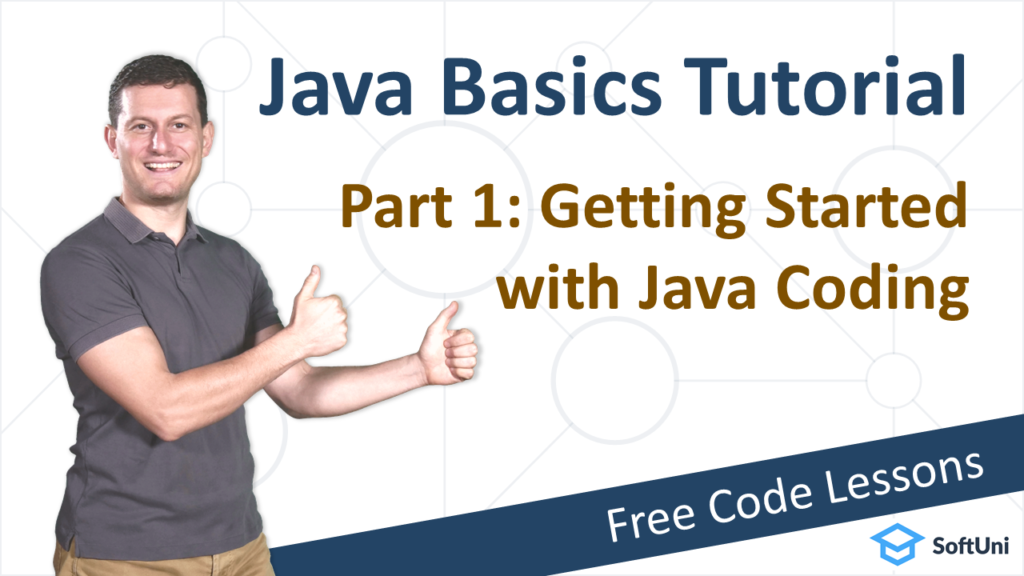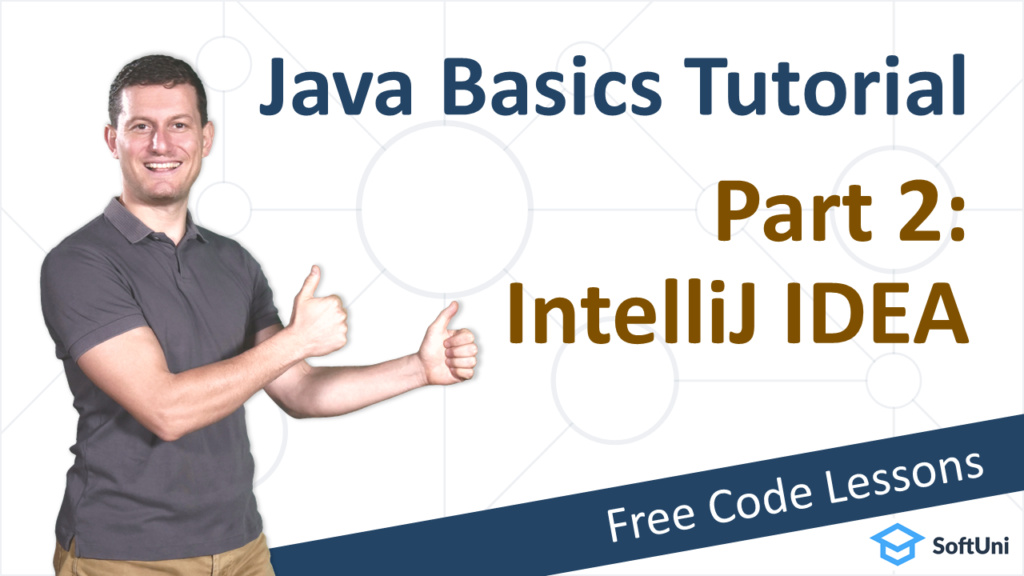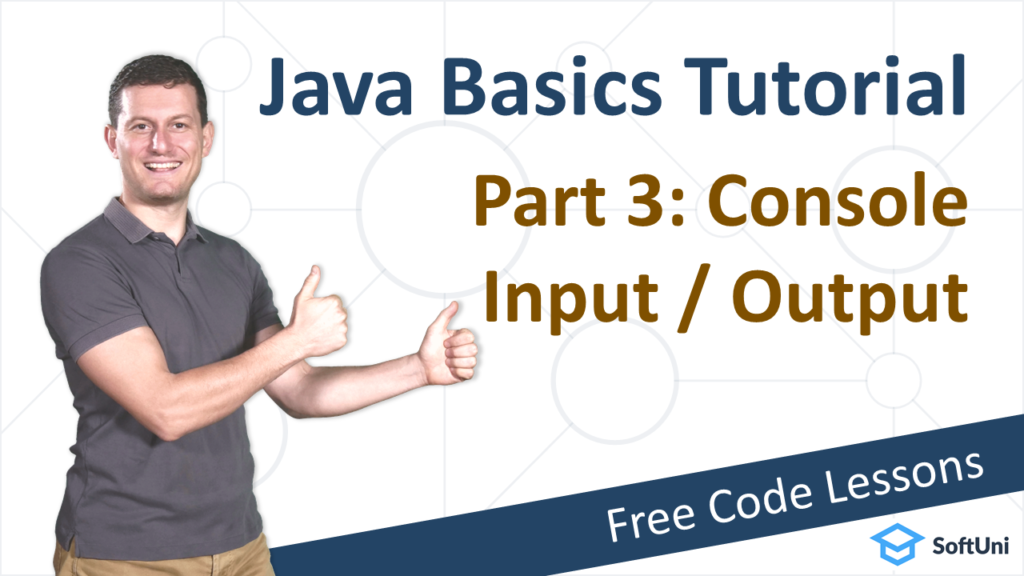Free Java Basics Course
Home » Zero-to-Career Programs » Learning Resources » Courses for Developers » Java Basics Free Course
About the Course
If you are an absolute novice at coding or are wondering if Programming is even for you, try our full Java Basics course. As a programming language, Java is very beginner-friendly and easy to learn. And keep in mind that Java developers are among the highest-paid in the field.
The course includes 9 lessons, 13-hours of video tutorials, and 74 hands-on exercises. You will start from the beginning and acquire the basic coding skills you will continue to build on and need later on to succeed as a developer.
- Online
- Self-Paced
- In English
- Certificate of Completion (Coming Soon)
- Lifetime Access
- Instructor-led
- Mentorship Support
Full Java Basics Course
Watch the entire course in a single video (13 hours) or lesson by lesson. Follow the hands-on exercises to develop practical coding skills and algorithmic thinking skills and gain problem-solving experience.
In the free Java Basics course you will learn how to:
- Write code in Java;
- Use IDEs and IntelliJ IDEA;
- Work with variables, data and calculations;
- Use operations and expressions;
- Write conditional statements (if, if-else, with-case);
- Use loops (for, while, do-while).
- Debug code;
- Solve real-world problems with Java.
Learn the basics of Java programming (data types and variables, IDEs, console input and output, conditional statements, and loops) by taking our 13 hours video lessons, along with 74 hands-on exercises!
Free Java Basics Lessons
The individual video lessons from the free Java Basics course focus on a specific problem or concept. Do the hands-on exercises for each tutorial to learn the basics of Java programming and develop practical problem-solving skills.
This code lesson teaches the first steps in coding with Java: writing code commands, writing simple Java programs, compiling and running the code. It comes with practical exercises with automated grading.
Learn about development environments (IDE) and JDK and how to install and use IntelliJ IDEA to create Java projects, write Java code, and compile, run and debug Java projects. Practice your new skills with hands-on exercises with automated grading.
Learn how to process console input and output in Java, how to read text and numbers and how to print formatted text, integers and floating-point numbers on the console. Solve several practical problems and submit them for automated grading in the SoftUni Judge.
Learn how to use variables, data types, expressions and statements to perform simple calculations in Java. Practice your new skills with the hands-on exercises, coming with this code lesson. Get an automated evaluation for your code in the SoftUni judge.
Learn how to use logical expressions, conditional statements, code debugging, and breaking. Practice your new skills with the hands-on exercises coming with this code lesson. Get an automated evaluation for your code in the SoftUni judge.
Learn how to work with the nested condition, switch case, and multi-label switch-case. Practice your new skills with the hands-on exercises coming with this code lesson. Get an automated evaluation for your code in the SoftUni judge.
In programming, a loop is used to repeat a block of code until a specified condition is met. The for-loop is best when you want to repeat something for a fixed number of times. The for-loop changes iteratively a certain variable from given start value to given end value.
In programming, a loop is used to repeat a block of code until a specified condition is met. The while-loop controls flow statement that allows code to be executed repeatedly based on a given boolean condition. The do-while loop repeats a block of code until an exit condition is met.
In programming, loops are used to repeat a block of code several times, until an exit condition is met or after a fixed number of executions. Nested loops (loop inside another loop) allow repeating a block of code, inside another repeating block of code. Nested loops allow implementing more complex logic, with nested repetitions.
What Do Our Students Have to Say?












